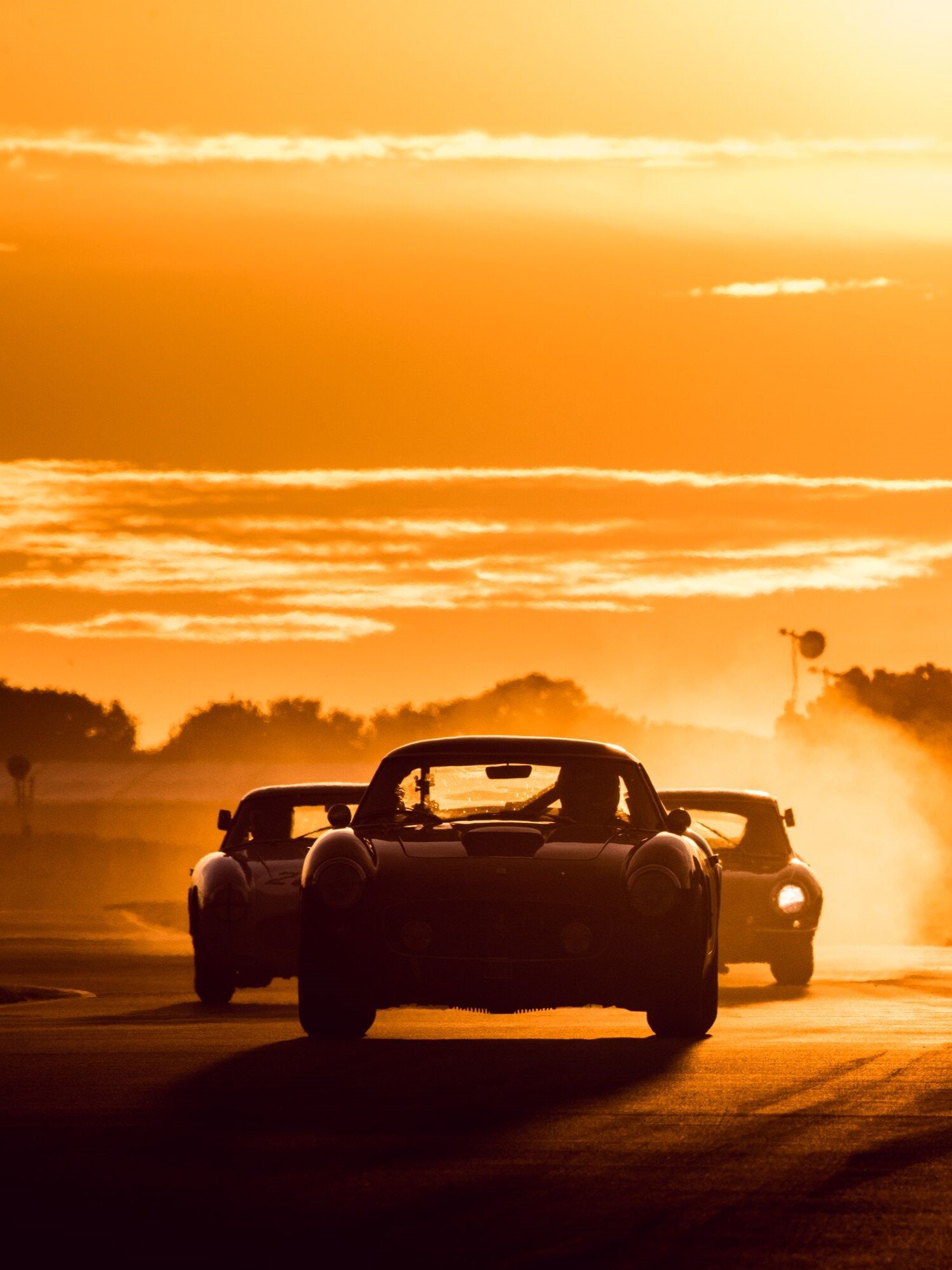Takuma Sato wins the 2020 Indy 500
Despite being held four months later than usual, at a later time of day, the 104th running of the Indianapolis 500, held in an empty Indianapolis Motor Speedway, provided yet another classic for the record books.
After 490 miles of action, tension and drama, a caution flag with just four laps to go brought the great race to a premature end. With flat out racing at speeds of over 220mph, we look at what kept everyone talking over three hours of excitement that only the Great Race can provide.

Takuma Sato powers to Victory
After a race totally dominated by Chip Ganassi Racing's Scott Dixon, few would have expected to see Takuma Sato drink the milk for a second time. Having been lingering around the sharp end of the field for much of the afternoon, Sato became a real contender for the win in the closing stages of the race. An incredibly brave move on Dixon around the outside of Turn 1 during the final stint was enough to move the Japanese sensation to the point of the field and, after some extremely strong defensive manoeuvres, managed to hang on despite a charging #9 Ganassi car in his mirrors.
One of eight previous winners in the field, Sato was not everyone’s first pick to win, but was extremely popular nonetheless.

Scott Dixon comes close
The bookies favourite going in, thanks to a super strong start to his season, Scott Dixon took no time in getting to the head of the field. Starting alongside polesitter Marco Andretti, the Kiwi powered his way around the outside at Turn 1 on lap one and just put his head down.
It looked as though it was all starting to fall into place for Dixon when his closest rival Alex Rossi missed the pit entrance, costing valuable seconds and giving Dixon breathing room at the head of the field. However a brace of cautions for Dalton Kellet and later Conor Daly and Oliver Askew brought Rossi right back up to Dixon's rear wing, with the pair swapping positions to try and conserve fuel during the all-important middle stints.
While Dixon may have thought his biggest challenge had gone when the Andretti Autosport driver suffered a pit penalty before clattering the wall on his recovery drive, where Rossi left, Takuma Sato joined in. Swapping the lead just as Rossi had done with the Chip Gannasi car. A slow final stop for Dixon made things slightly nervy, and the two battled wheel to wheel before Sato braved it around the outside of T1 and lead Dixon deep into the closing laps. All Dixon could do was watch as the race he had led 111 laps of just slipped away, before the final caution saw any chance of a dramatic Dixon victory disappear.

Rossi's nightmare
Despite having pace all day and looking for a long time like the only man who could take it to Scott Dixon, the pits were not a friendly place for Alexander Rossi this year. He missed the pit entry early in the race, losing valuable seconds while chasing down the dominant Scott Dixon. An unsafe release during the fifth caution of the day, resulting in contact with Takuma Sato saw him then have to go to the back of the field. What followed was an eye watering display from the incensed Andretti Autosport driver, passing five cars on the first lap of the restart, but his aggression was always going to go one of two ways, and unfortunately for Rossi, it ended just 12 laps later in the Turn 2 barriers.

Damp squib for Alonso
Ever since he impressed everyone on his Indy debut in 2017, Fernando Alonso's Brickyard career has been somewhat disappointing since. Having failed to qualify in 2019, he had hoped for a better 2020, but it wasn’t to be. The first quarter of the race saw Fernando just sitting in the lower part of the field, seemingly unable to get to grips with the inferior Chevrolet power in his McLaren. An early stop because of a poor balance in the car put him out of sequence, and never really seemed to have any genuine pace in the car. Consistently battling to stay on the lead lap, it was another race to forget for Alonso as he finished 21st, a lap behind race winner Sato. If he is to succeed in his ultimate goal of the Triple Crown, it seems a one off appearance at Indianapolis isn't the right path to take, and he will need to commit to IndyCar full time to really get the confidence in the seat. It seems for now, though, the dream is out of reach for the two time Formula 1 World Champion, unless he tries again in three year’s time once his Renault contract is up.

McLaren impress
Where Alonso struggled, his rookie teammates Oliver Askew and Pato O'Ward shone. Having been one of the backmarkers opting for an alternate strategy at the first caution, Askew jumped to the front of the field when the remainder pitted after former Formula 1 driver Marcus Ericsson hit the wall. It wasn't just strategy that got Askew there, though. The winner of last year’s Indy 500 support race proved his mettle on track, too, passing a number of IndyCar veterans on track you'd expect to find battling for the win. Askew stayed right at the front of his strategy sequence and was one of the most impressive drivers of the day. Sadly, it all came to an abrupt end just shy of halfway in a restart incident. A spinning Conor Daly forced Askew to take avoiding action, and could not avoid hard impact with the inside SAFER barrier. Visibly winded and knocked about, Askew was helped out of his car before being cleared from the circuit medical centre, not where he'd have wanted to end his day, a day which showed so much promise in the first 90 laps. Askew's incident helped out O'Ward, though, with the resulting caution period bringing him right up behind the duelling Dixon and Rossi. O'Ward's presence at the front was enough for Rossi and Dixon to start trading the lead in order to work together to try and gap the McLaren and, more importantly, save fuel. Despite fading away slightly as the race wound into its final chapter, he was able to hang on to finish sixth in his first 500.

Rookie wonders
While the McLaren rookies impressed, they were not the only jaw dropping first timers of 2020. Ed Carpenter Racing’s Rinus Veekay was the only Chevrolet powered car to make it into the Fast 9 shootout in qualifying, and was the only Chevy to be in with a shout at the sharp end on the main pit sequence. He turned a lot of heads in the first portion of the race, with many wondering if there could be another Indy miracle on the horizon. A lock up entering his pit stall, which resulted in a penalty for colliding with his pit crew and then stalling on the exit on lap 64, seriously hampered Veekay's afternoon after looking so strong in the first quarter, finally winding up 20th.

Backing the Brits
Three British drivers took the green flag at The Brickyard yesterday, but none could emulate the likes of Jim Clark, Dario Franchitti or Dan Wheldon. Ben Hanley never really bothered the top half of the field, and Max Chilton ran as high as second in the closing stages of the race, rolling the dice and desperately hoping for a lengthy caution. Chilton's final pitstop saw him drop down to 17th, while Hanley had to settle for 23rd.
The strongest of the British trio, though, was Jack Harvey. After a steady opening to the race, he picked away before getting himself into the top ten as the final stages began to unfurl, taking ninth at the chequered flag.

Empty stands create interesting atmosphere
Even someone totally new to the Indy 500 would have noticed all of the empty seats in the grandstand. One of the biggest draws of the race each year is the atmosphere that comes from the 500 faithful, and although we were treated to three hours of excitement on track, we never quite got used to the lack of fans in the stands. Some of the most dedicated camped out in a car park outside the circuit just to be able to hear the cars once more and keep their 500 streak alive. It was one of the first comments on everyone’s lips when interviewed, and we all look forward to the party in 2021 when spectators can return to the Motor Speedway.
Images courtesy of Motorsport Images.
Indy 500
2020 Indy 500
2020
IndyCar
Takuma Sato
Scott Dixon
Graham Rahal
Indianapolis
Fernando Alonso
Alexander Rossi
































































